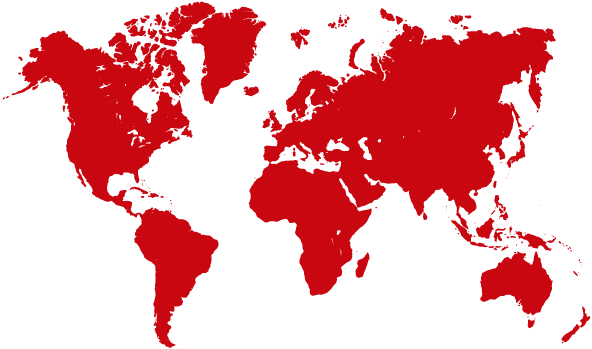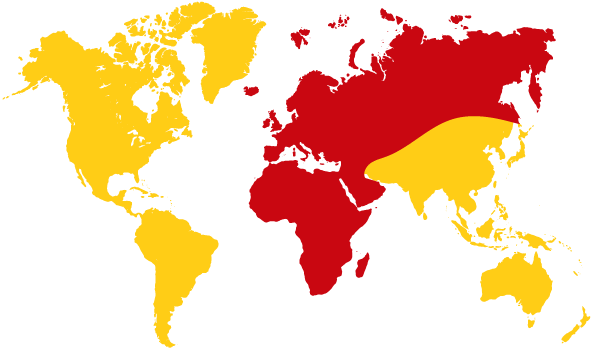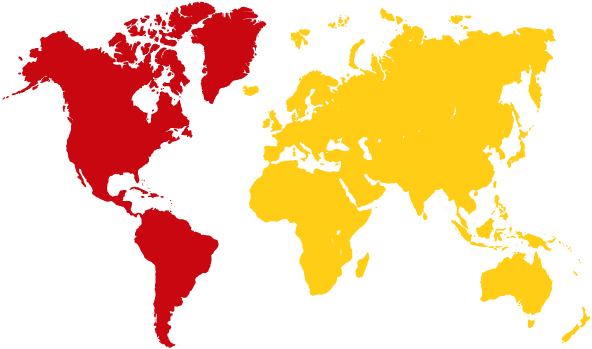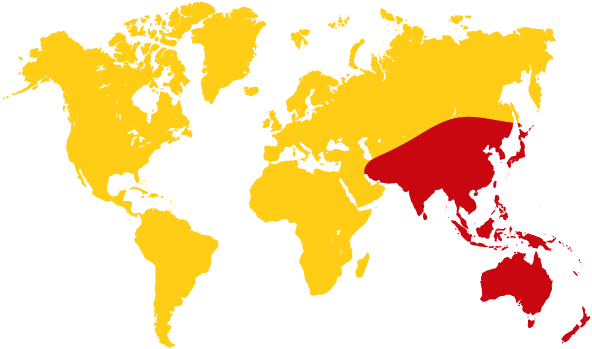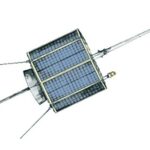
Amateur radio and orbiting satellites
Since 1961, radio amateurs have been responsible for creating a constellation of some 150 orbiting space satellites. The satellites are often developed in collaboration with academic institutions and are launched through support from space and satellite organisations.
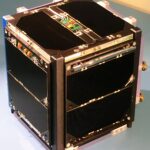
Amateur satellites provide intercontinental communication between low-power amateur stations around the world, carrying both voice, data and television. Satellites and the ARISS programme (see below) form valuable parts of outreach programmes in STEM subjects.
A number of organisations provide information, support and coordination in the field of amateur satellites. These include:
AMSAT: The Radio Amateur Satellite Corporation was first formed in the USA in 1969 as an educational organisation. Its goal was to foster Amateur Radio’s participation in space research and communication. AMSAT was founded to continue the efforts, begun in 1961, by Project OSCAR, a west coast USA-based group which built and launched the very first Amateur Radio satellite, OSCAR, on December 12, 1961, barely four years after the launch of Russia’s first Sputnik. Since then, AMSAT organisations have developed in many countries.
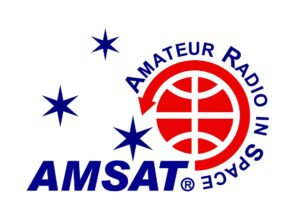
Today, the “home-brew” flavour of these early Amateur Radio satellites lives on, as most of the hardware and software now flying on even the most advanced AMSAT satellites is still largely the product of volunteer engineering effort and donated resources.
For over 50 years AMSAT groups in North America, Europe and elsewhere have played a key role in significantly advancing the state of the art in space science, space education, and space technology. Undoubtedly, the work now being done by AMSAT volunteer engineers throughout the world will continue to have far-reaching, positive effects on the very future of both Amateur Radio, as well as other governmental, scientific and commercial activities.

Read more about AMSAT in the US here or the UK here, or Germany here. There are other AMSAT organisations in other countries and you can find the full list here
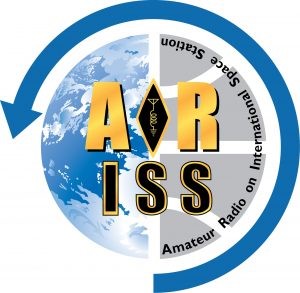
ARISS: Amateur Radio on the International Space Station (ARISS) lets students worldwide experience the excitement of talking directly with crew members of the International Space Station, inspiring them to pursue interests in careers in science, technology, engineering and math, and engaging them with radio science technology through amateur radio.
Read more here
Satellite coordination
As the number of satellites increases, both amateur, commercial and military, the need for proper coordination of operating frequencies becomes critical.
The IARU satellite frequency coordination panel acts as the focus for coordination of operating frequencies for amateur satellites. A comprehensive set of pages giving the background to IARU’s work and giving guidance on applying for frequency coordination is available here
